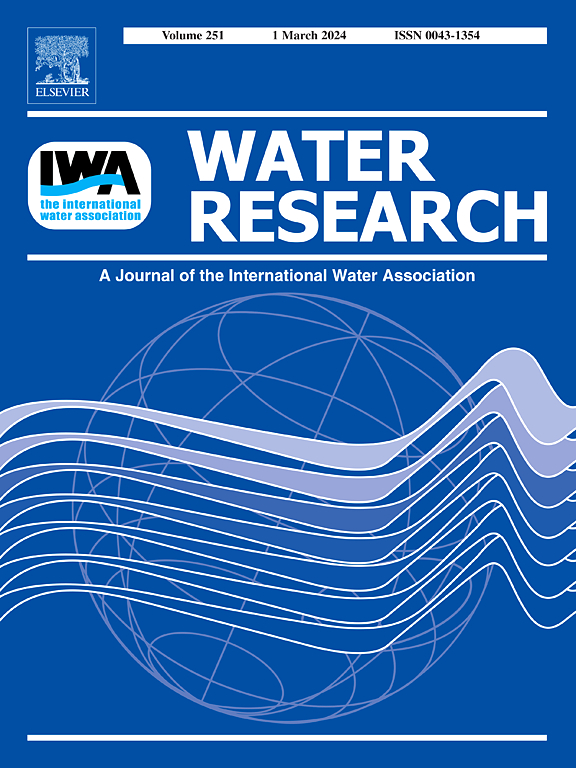Toxicity of Benzotriazole and Benzotriazole Derivatives to Three Aquatic Species
Abstract
Benzotriazole and its derivatives comprise an important class of corrosion inhibitors, typically used as trace additives in industrial chemical mixtures such as coolants, deicers, surface coatings, cutting fluids, and hydraulic fluids. Recent studies have shown that benzotriazole derivatives are a major component of aircraft deicing fluids (ADFs) responsible for toxicity to bacteria (Microtox?). Our current research compared the toxicity of benzotriazole (BT), two methylbenzotriazole (MeBT) isomers, and butylbenzotriazole (BBT). Acute toxicity assays were used to model the response of three common test organisms: Microtox? bacteria (Vibrio fischeri), fathead minnow (Pimephales promelas) and water flea (Ceriodaphnia dubia). The response of all the three organisms varied over two orders of magnitude among all compounds. Vibrio fischeri was more sensitive than either C. dubia or P. promelas to all the test materials, while C. dubia was less sensitive than P. promelas. The response of test organisms to unmethylated benzotriazole and 4-methylbenzotriazole was similar, whereas 5-methylbenzotriazole was more toxic than either of these two compounds. BBT was the most toxic benzotriazole derivative tested, inducing acute toxicity at a concentration of ≤3.3?mg/l to all organisms.





